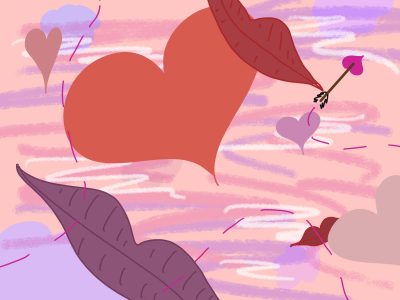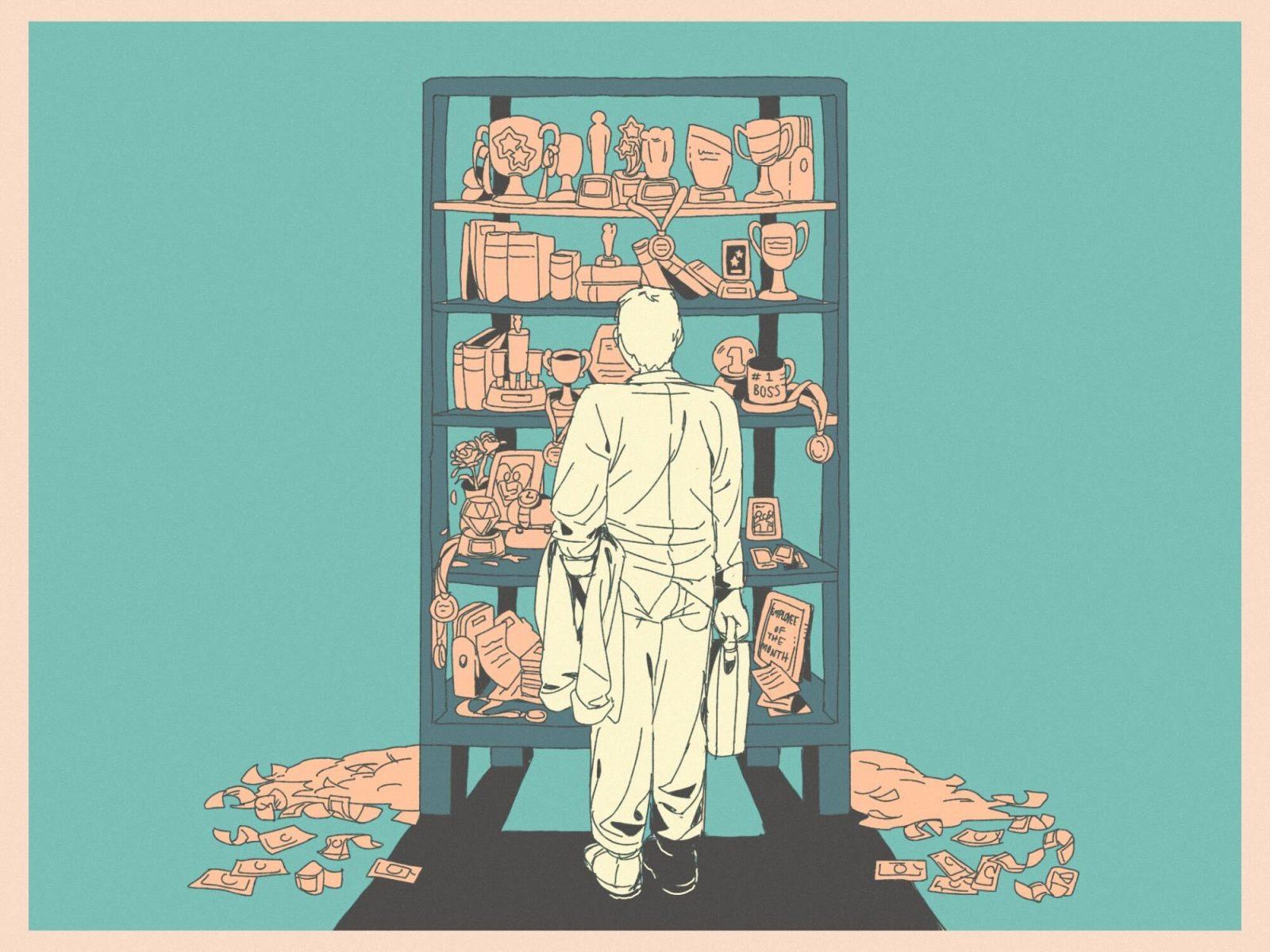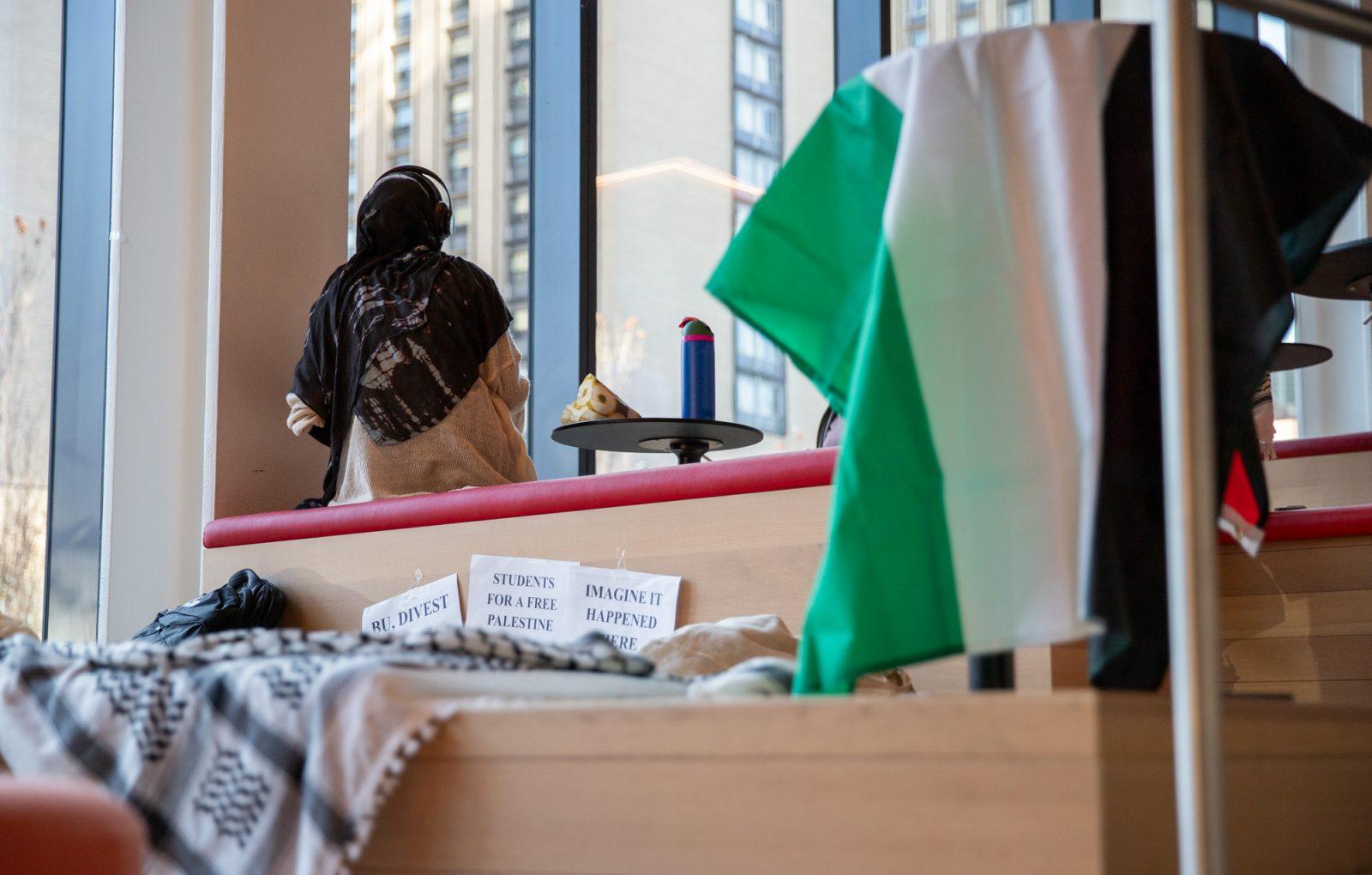True love is real. It is worth waiting for. It is worth searching for. And just because you haven’t found it yet doesn’t mean it’s not waiting for you.
Gen Zers may have a more cynical perception of love than previous generations and understandably so. On social media apps like TikTok, the never-ending horror stories of betrayal and heartbreak bombard us and get millions of views due to the sheer disgust and shock they induce. But the calmness, stability and mutual respect seen in healthy relationships does not produce a visceral reaction and therefore does not reach as many viewers.
As people commiserate in comment sections about their failed relationships, a sense of hopelessness begins to cloud the idea of love.
It would benefit us to differentiate between love and unhealthy dynamics disguised as love. The easiest way to learn about love is to realize what love isn’t.
In her book “All About Love,” bell hooks challenges society to redefine love. We are taught from a young age that love is primarily a feeling, a blind intuition and a magical trance we fall into through no control of our own. As hooks writes, this view is problematic as it leads people to think of love as a temporary feeling which they have no control over.
In reality, love is quite the opposite. Love is something we wake up and choose everyday. Love is a verb, a practice and a way of life.
It is easy to fall into love but it is harder to continually choose to love. As hooks writes, “Love is a combination of care, commitment, knowledge, responsibility, respect and trust.”

Unfortunately, we have absolutely no control over the place where we receive or are deprived of love for the first time. This place is our family. We have no control over whether we are born into a loving household and are given the unconditional love we are entitled to upon entering the world.
As hooks writes, when people who are supposed to love their children hurt them over and over, it can be confusing for the children. They can internalize an inaccurate belief of what love is. These individuals grow up and go into the world seeking their own, misunderstood definition of love.
In psychology this is known as “confusion of tongues,” where a child will accept however they are treated and see it as love.
At some point, we forget something that we knew as children — that we yearn for love. As children, we gave hugs freely. We would even ask for a hug when we needed one. We loved our friends, our parents and we loved ourselves. But to continue loving oneself becomes an impossible task.
There is nothing empowering about denying yourself love. It is no different than denying that you have a basic need, like eating. Just as the body shuts down and deteriorates from a lack of food, so does a person’s emotional well-being from a lack of love.
We see it in infants who are continually denied attention and warm affection. Brain development is affected in a catastrophic way, and these children are more prone to developing personality disorders, according to the Collaborative Longitudinal Personality Disorders Study.
When we are truly loved, we feel capable of being our true selves. We are empowered to take off the mask we hide under and instead be vulnerable and open. We create a space in our hearts to receive the love we have always yearned for.
When we can be ourselves before the person we love, the knowledge that we are loved frees us from any fear. We no longer need to drain our energy from constant self-monitoring, we no longer suffocate under the mask of the false self.
It is hard to admit to ourselves that people close to us — even family — may not love us. However, we cannot blame those who have misguided definitions of love because they too had no control over who first taught them love — their own parents.
But rather than perpetuate this cycle of generational lovelessness, we can internalize a new, revolutionary definition of love. We can choose to love others instead of judging them, and slowly move our society toward a better way of life.
It is a fear of love, and a fear of not being loved, that drives so much of our behavior. As hooks writes, love allows us to let go of that fear. We can leap and know that the grace of love will catch us.
Love is not what we fall into. It is what catches us when we fall.




























































































































